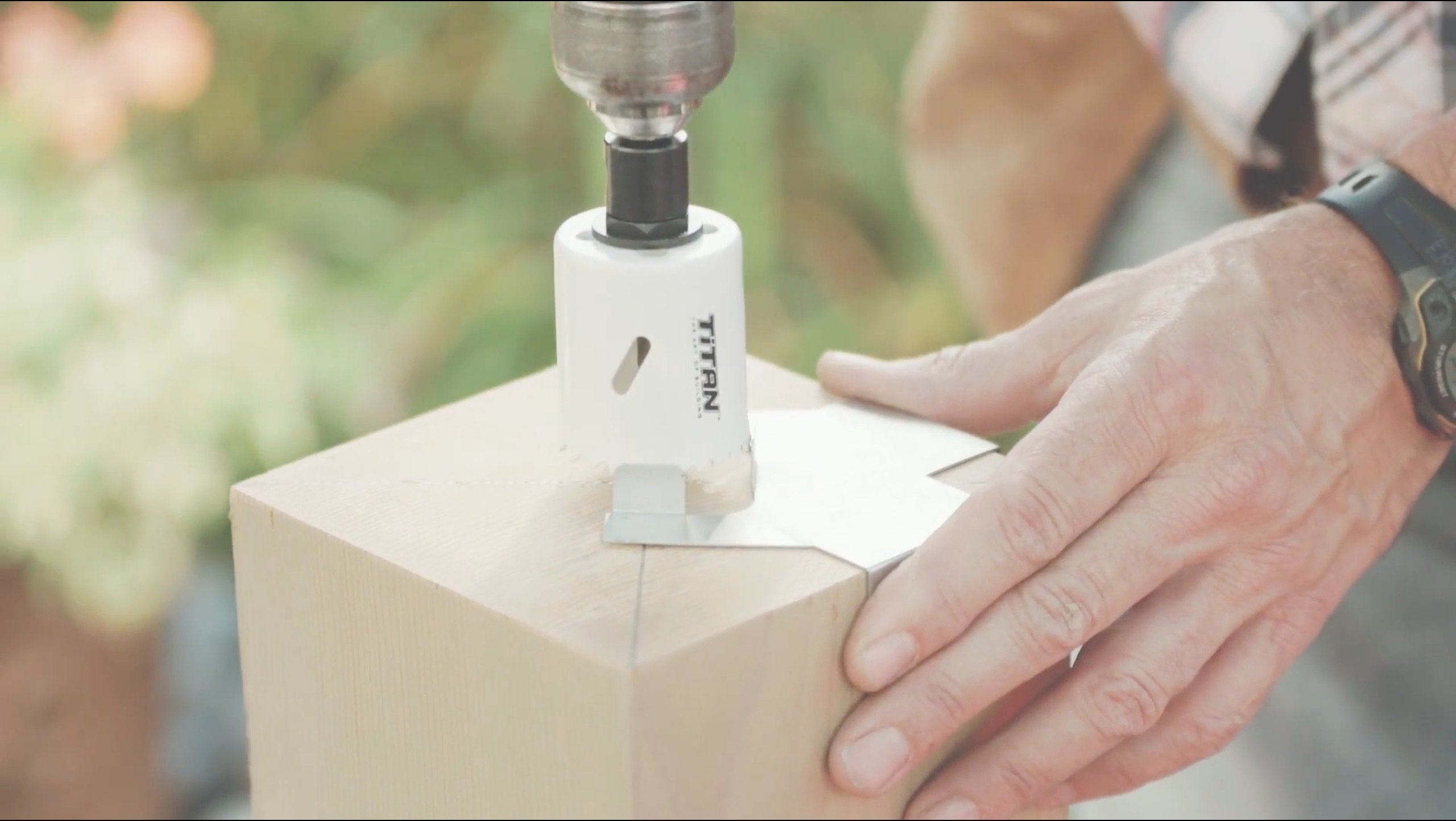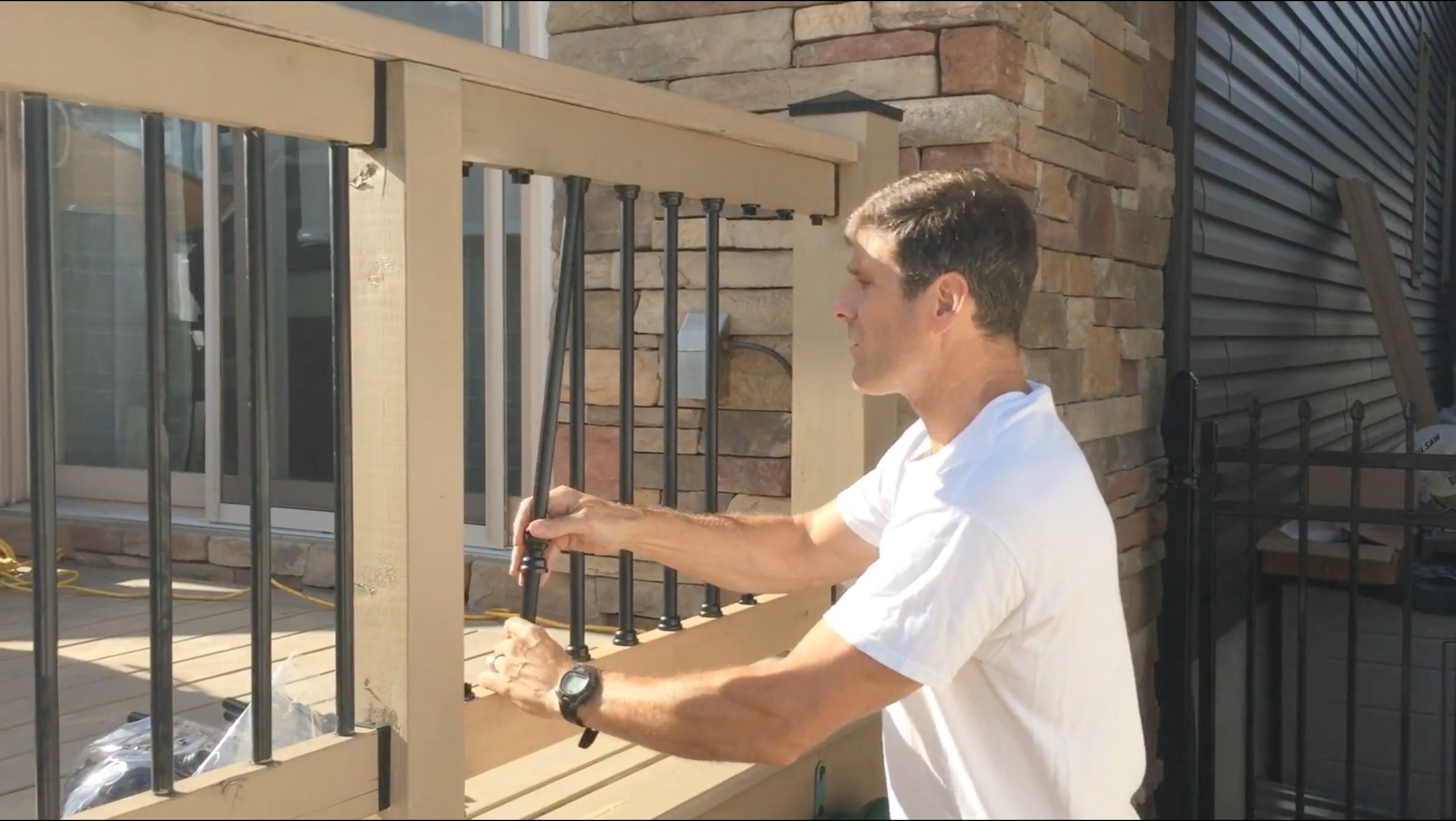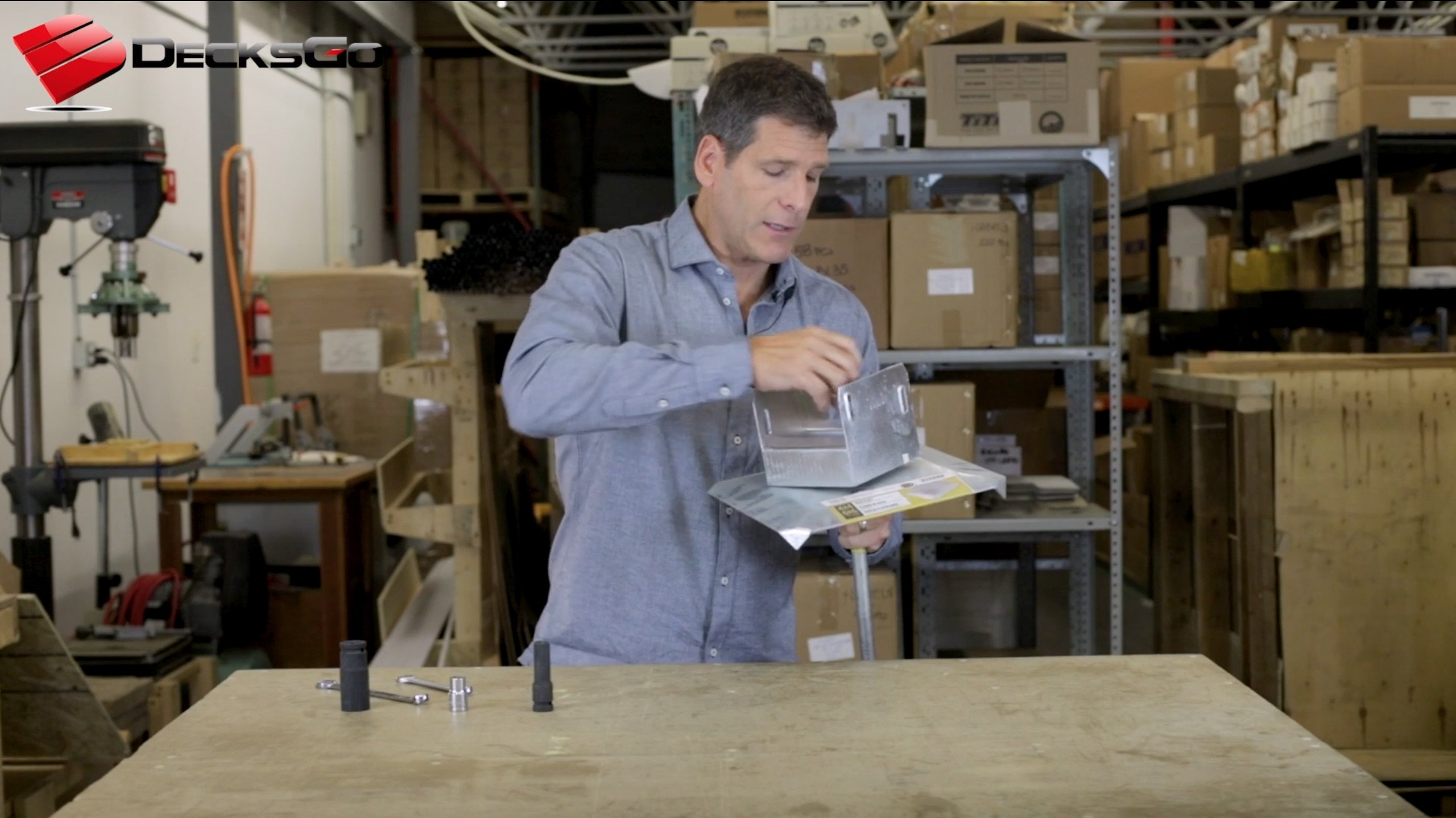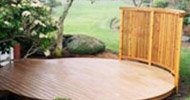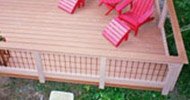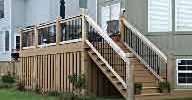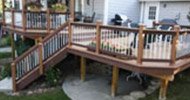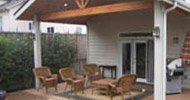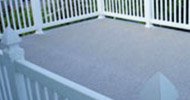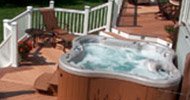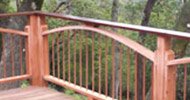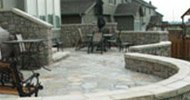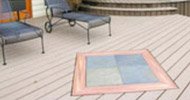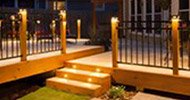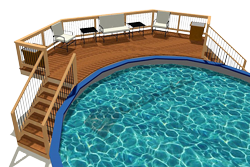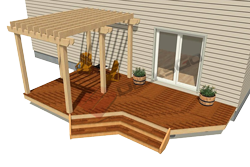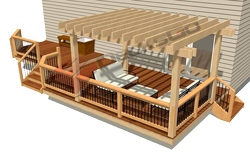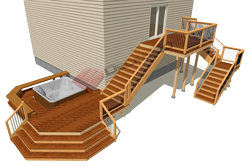Composite Decking And The Building Code
Does It Have A Code Report?
So what about composite decking and the building code?
Did you know that while the number of composite decking products has increased to almost one hundred, approximately only 50% actually have a code report?
Given the cost outlay for composite materials isn't it wise to pick a product that has passed certain minimum standards? There are indeed situations where an ICC Evaluation Service Report is not required. These would be in locations where the building code does not apply.
This could be for a ground level deck or in a remote rural area where a permit is not required.
An ICC-ES Report
That being said, the majority of uses will be subject to the building code. The ICC-ES report will state that the product met a whole list of tests that are set out in another document, AC 174 which is based on the ASTM standard D 7032.
That is a lot of documentation for the average person but if you are so inclined you can actually go to the ASTM web site and get a copy of the testing that is set out.
It sets out a list of tests for the physical properties of the materials such as how far it can span, how well it holds fasteners and a host of other qualities.
Or At Least Independent Engineering Based on ASTM Standards
Also acceptable is an evaluation report from a reputable engineering testing firm that has conducted the tests as set out in the ASTM standards. An ICC-ES is a review of the testing conducted by the engineering firm and is much like the icing on the cake!
You can see if the product you are interested in has an ES report by going to either www.icc-es.org or www.10klakes.org.
What Will You Choose?
It really is important to stick with a large experienced manufacturer for this particular category of decking material.
Despite the major improvements in composite decking in recent years, given the long and storied history and the building code and customer complaints, I highly recommend that you don't cut corners. You may regret it.
Home > Deck Materials > Composite Decking And The Building Code
